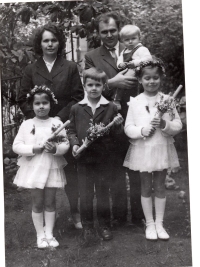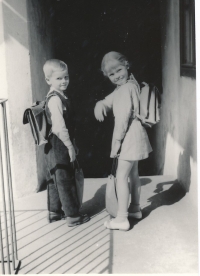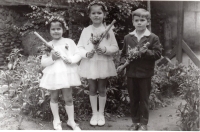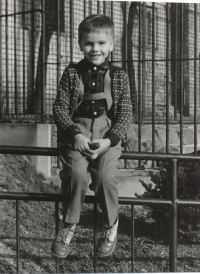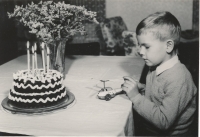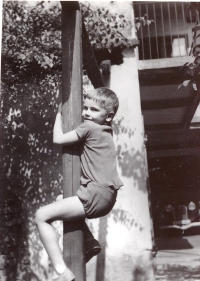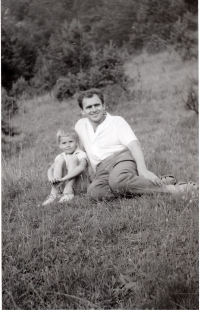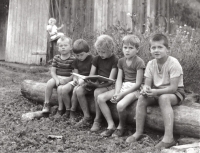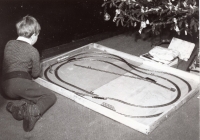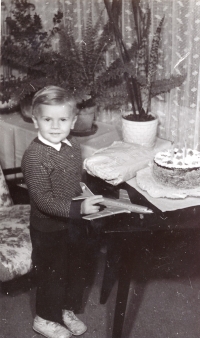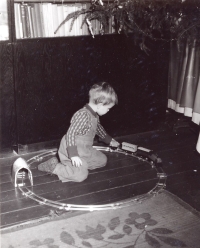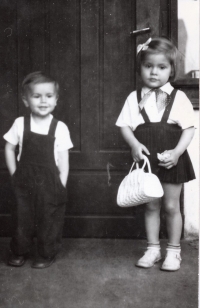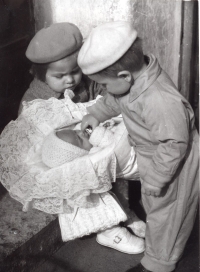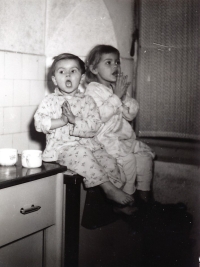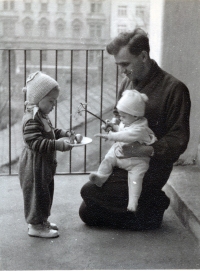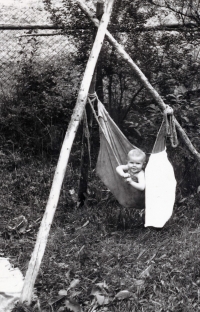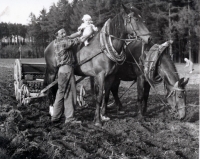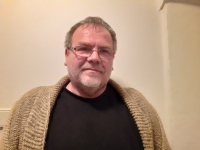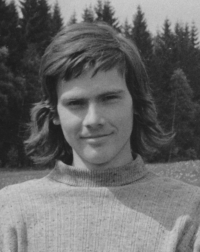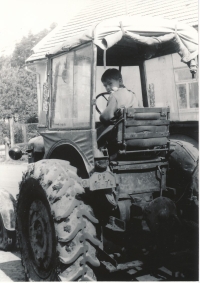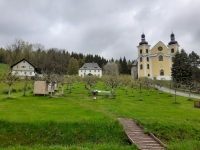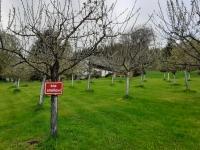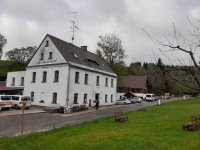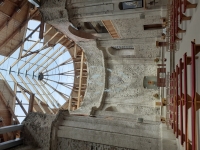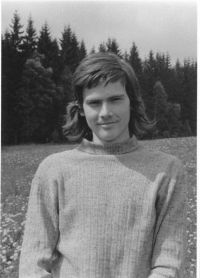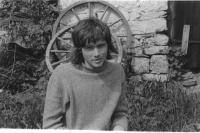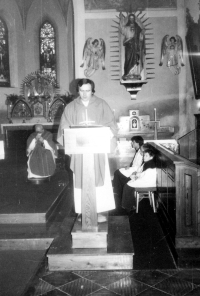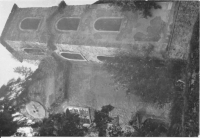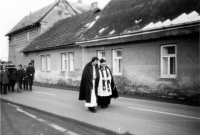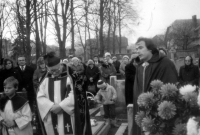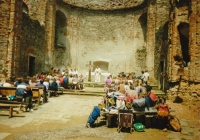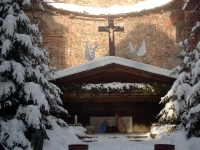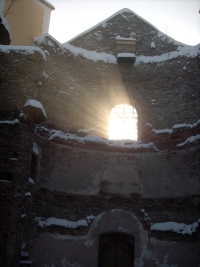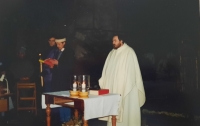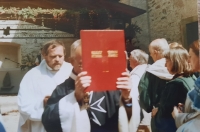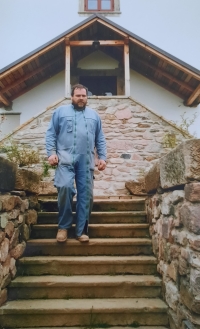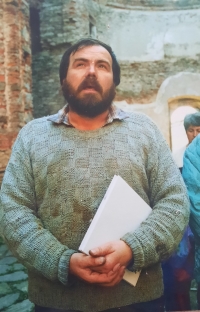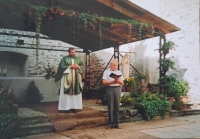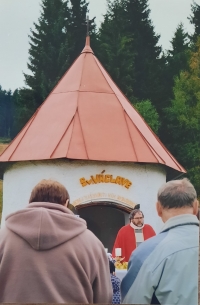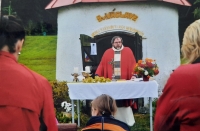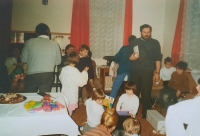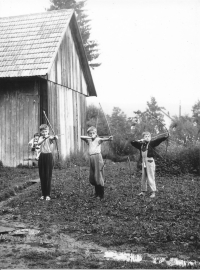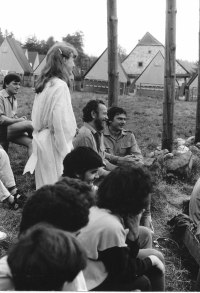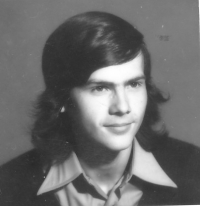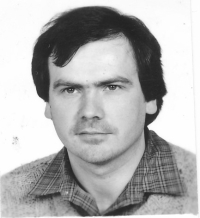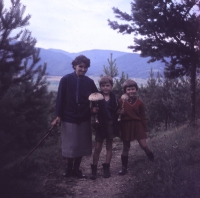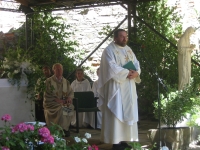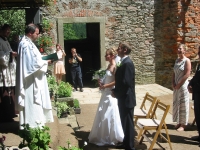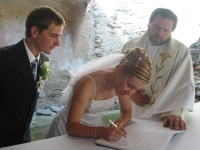I was very glad that I went this way

Download image
Mons. Josef Suchár was born on October 15, 1958 in Brno. His parents Eva and Josef Suchár were deeply religious Catholics and members of the Czechoslovak People’s Party, who did not hide their faith. Led by his father, Josef ministered from the age of three. Like-minded families from Brno met on Sundays on trips and attended services in the church at St. Thomas. They created a community strongly connected to the Catholic faith and the Church, realising that the upbringing of children and work with youth are the basis of the existence of the Church in the time of communist indoctrination. The families built a camp for children and youth called “Joy” in which they combined Christian and Scout programs. From the beginning the camp was run strictly conspiratorially, officially as a pioneer camp. Josef Suchár gradually became the deputy of the main leader František Fráni a.k.a. Tišek. Although Josef Suchár had good academic results at primary school, he was not recommended to study at a vocational school and had to train to be an electrician. After several rejections, he was only allowed to pass his Matura after returning from military service. Under the influence of inspiring personalities, especially Fr. František Fráni and Bishop Stanislav Krátký, he decided to study to become a priest. The underground study lasted seven years, taught secretly by ordained priests and bishops. In 1986, Josef Suchár was ordained a priest. After November 1989, when he was appointed to the spiritual administration in the displaced German villages in Orlické hory, he started to restore the church in one of them, in Neratov, with a group of enthusiasts. Gradually, he managed to bring permanent residents to Neratov and transform the cottage village into a lively place where people with disabilities and healthy people live side by side. The Neratov Association provides sheltered work and housing in the immediate vicinity, and has built a shop, a pub, an information centre and a brewery, as befits an old pilgrimage site.
